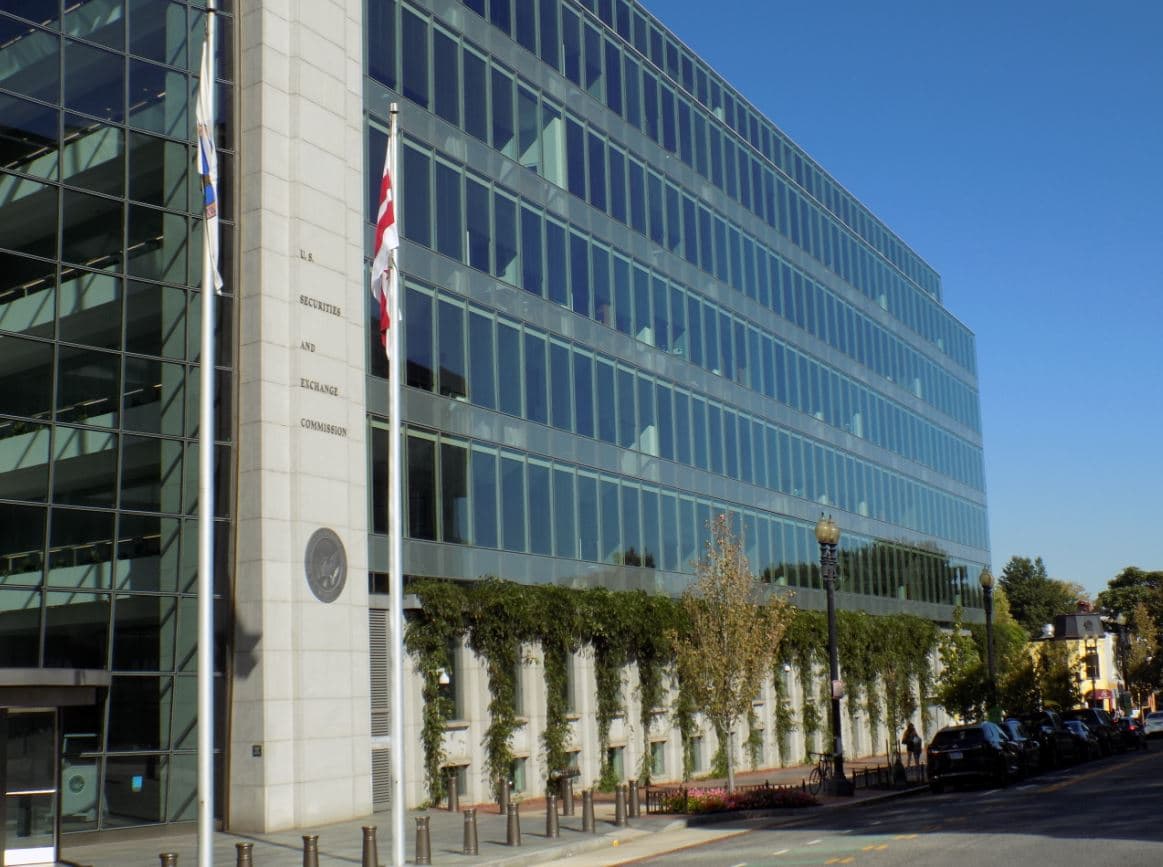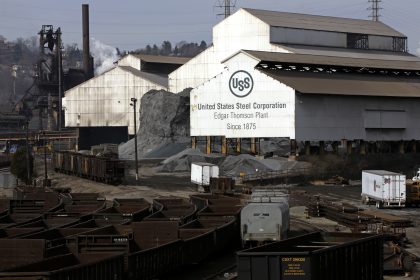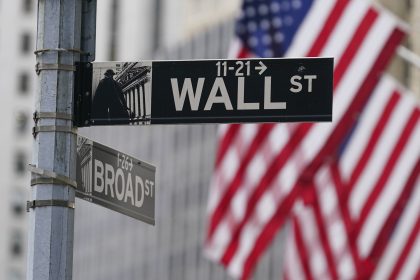Mandating Climate Disclosures Could Violate SEC’s ‘Historically Agnostic Approach’

WASHINGTON- Writing rules that mandate climate disclosures might overstep the U.S. Securities and Exchange Commission’s authority, causing a violation of their historical approach to regulations, the agency’s commissioner said on Tuesday.
Environmental disclosures are “inherently political” and are “unabashedly” designed to favor certain industries by feeding capital to green uses, SEC Commissioner Hester Peirce said.
Peirce was referencing environmental social governance disclosures, which are sustainability standards investors can use to evaluate climate and social impact.
If the SEC were to write rules that embraced standard-setting efforts for ESG disclosures, as it is currently considering, it would potentially violate the agency’s “historically agnostic approach” to regulations, she said, which has scrupulously avoided expressing a view about where capital should go and instead has focused on “making disclosure [information] available” to investors.
Peirce even argued that forcing disclosures would potentially undermine financial and economic security by further concentrating capital in businesses currently “deemed to be green,” causing hardship in developing countries and in poor areas in the U.S.
With investors taking environmental impact more seriously, regulatory bodies like the SEC are shifting to prepare for the emerging business paradigm, directed partly by the increase in interest in such disclosures but also by regulators.
A bill that passed the House in mid-June, the Corporate Governance Improvement and Investor Protection Act, H.R. 1187, would compel ESG disclosures from companies that are publicly traded.
Another bill in the Senate, the Climate Risk Disclosure Act, S. 1217/H.R. 2570, would require institutions that issue securities to disclose climate information, and has been referred to the Committee on Banking, Housing, and Urban Affairs.
An executive order from the Biden administration, signed in May, also hinted at possibly mandating climate disclosures.
Businesses, in general, have gestured towards taking environmental concerns more seriously in the past few years, leading places like Harvard Business Review to argue that the global economy is in the middle of an “investor revolution,” with investors straining to embrace higher standards for environmental and social impact.
Critics have accused many of these businesses of either “greenwashing,” the practice of giving a false impression of how environmentally committed a business is, or of not being capable of delivering on the promises. A recent report from the Urban Institute, for instance, recently laid out the criticisms against investor-led social change.
Peirce, who took her oath of office in 2018, gave her view of the agency’s role at an event held on Tuesday. The event was put on by Brookings Institution, a DC-based think tank where Peirce had contributed earlier in her career, and it’s viewable here. A transcript is available from the SEC.
In June, the SEC published its annual rulemaking agenda, which featured environmental social governance, which Commissioner Peirce has described as “front and center” for the agency’s proposed regulations for this spring. They had asked for public comments on climate change disclosures in March under then-acting chair Allison Herren Lee.
“Although most comments were supportive of mandatory ESG disclosures, some commenters submitted letters speaking out against climate change disclosures,” a National Law Review article that summarized the content of the more than 400 comments the agency received said.
According to Peirce’s speech, her own view has been guided by those public comments.
Peirce presented 10 “theses” at the Brookings event which she believes are relevant to any proposed rulemaking, and which leaned against slapping an SEC mandate on environmental disclosures.
Among other concerns, Peirce fretted that environmental anxiety may drag the agency into poorly written rules outside of its area of authority, which could cause them to wade into a murky and difficult topic outside its mandate of “financial materiality.”
“Conversations about ESG matters, particularly those related to climate, are threaded with fear, guilt, and despair born of real concern for the planet, animals, plants, and people,” she said, later adding that “cool-headed human ingenuity can help us avert, address, and adapt to climate change.”
Peirce instead said the agency should focus on smaller, non-transformative actions, like updating existing guidelines.
“Rather than embarking on a prescriptive ESG rule that departs from and undermines our agency’s limited, but important, role, we could work within our existing regulatory framework,” Peirce said.






















